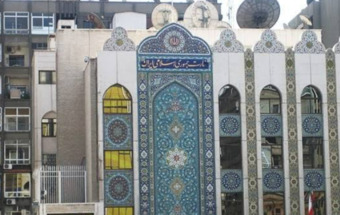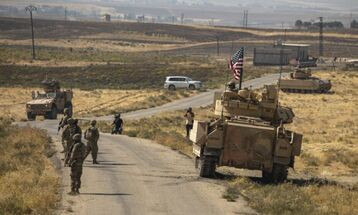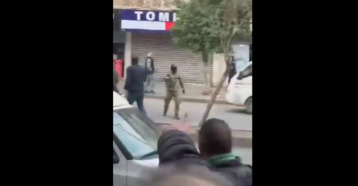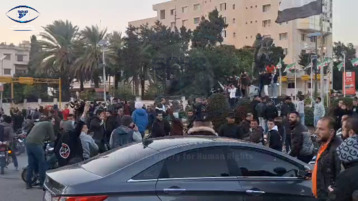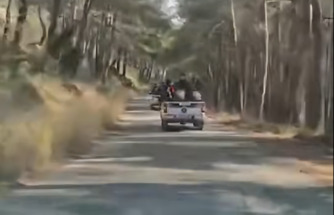-
52 Cases in October... Random Arrests Continue in Afrin
-
The occupying Turkish authorities in Afrin treat the return of original residents as a security threat, reflecting a deliberate demographic change policy in the region
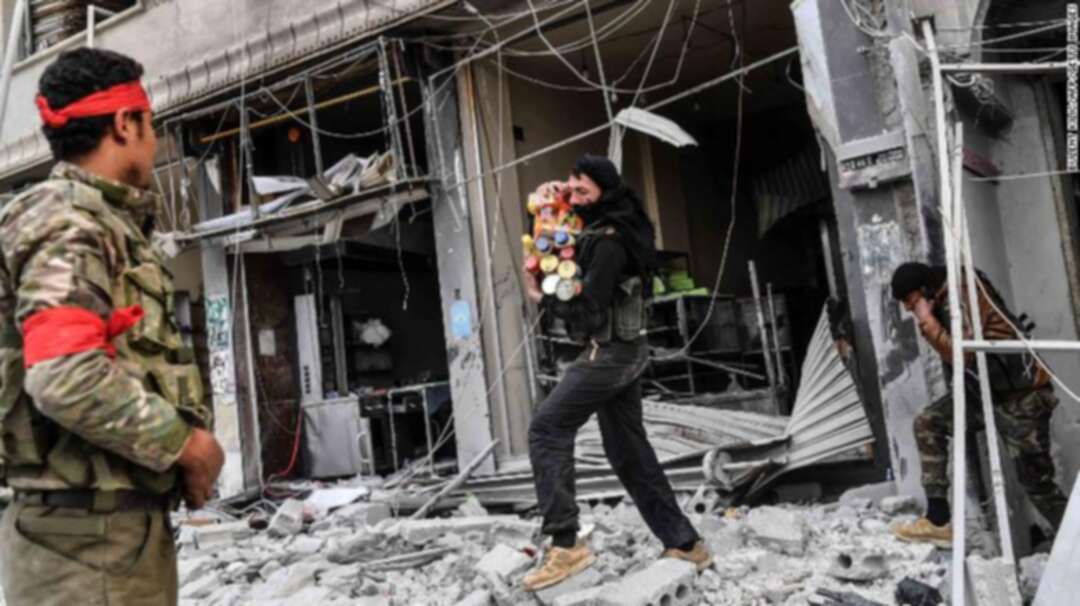
"Afrin Post Network," which covers news of the occupied region in northwestern Syria, monitored 52 arrest and kidnapping operations in the region during October 2024, including one woman, 10 citizens fleeing the war in Lebanon, and 4 returnees from displacement areas.
Arrests are carried out randomly through security checkpoints or through violent nighttime home raids, under flimsy pretexts centered around connection to the previous Self-Administration or communication with Kurdish military entities.
Turkish intelligence treats the issue of Kurdish citizens' return as a security matter, having previously requested village chiefs in September 2022 to prepare lists of returnees' names, and issued instructions to the civil registry to refer personal ID card applications to them for security verification.
The arrests target those visiting service departments to register vehicles or obtain personal documents, as well as those crossing the Turkish-Syrian borders in both directions.
October arrests included several civilians, among them a physics teacher at Jindires High School, and citizens returning from Lebanon and Aleppo, in addition to kidnappings at checkpoints and on roads.
Controlling militias impose financial ransoms ranging between 400 and 5,000 US dollars for releasing detainees, in addition to bribes and lawyers' fees reaching 1,500 dollars.
Occupation authorities released 25 detainees during the month, including one person who remained detained for more than 6 years in Turkish occupation prisons, while the region witnessed one arrest at Syrian regime checkpoints.
Reports document the continued policy of extortion and intimidation against original residents, especially those returning from displacement areas or fleeing conflicts in neighboring regions, reflecting a systematic approach to changing the region's demographic composition.
Levant-Agencies
You May Also Like
Popular Posts
Caricature
Syrians' concerns now
- December 10, 2024
Syrians' concerns now #Syria
#Bashar_al-Assad
#Liberation_of_Syria
#Syrians
#Future_of_Syria
#Levant_News

opinion
Report
ads
Newsletter
Subscribe to our mailing list to get the new updates!

